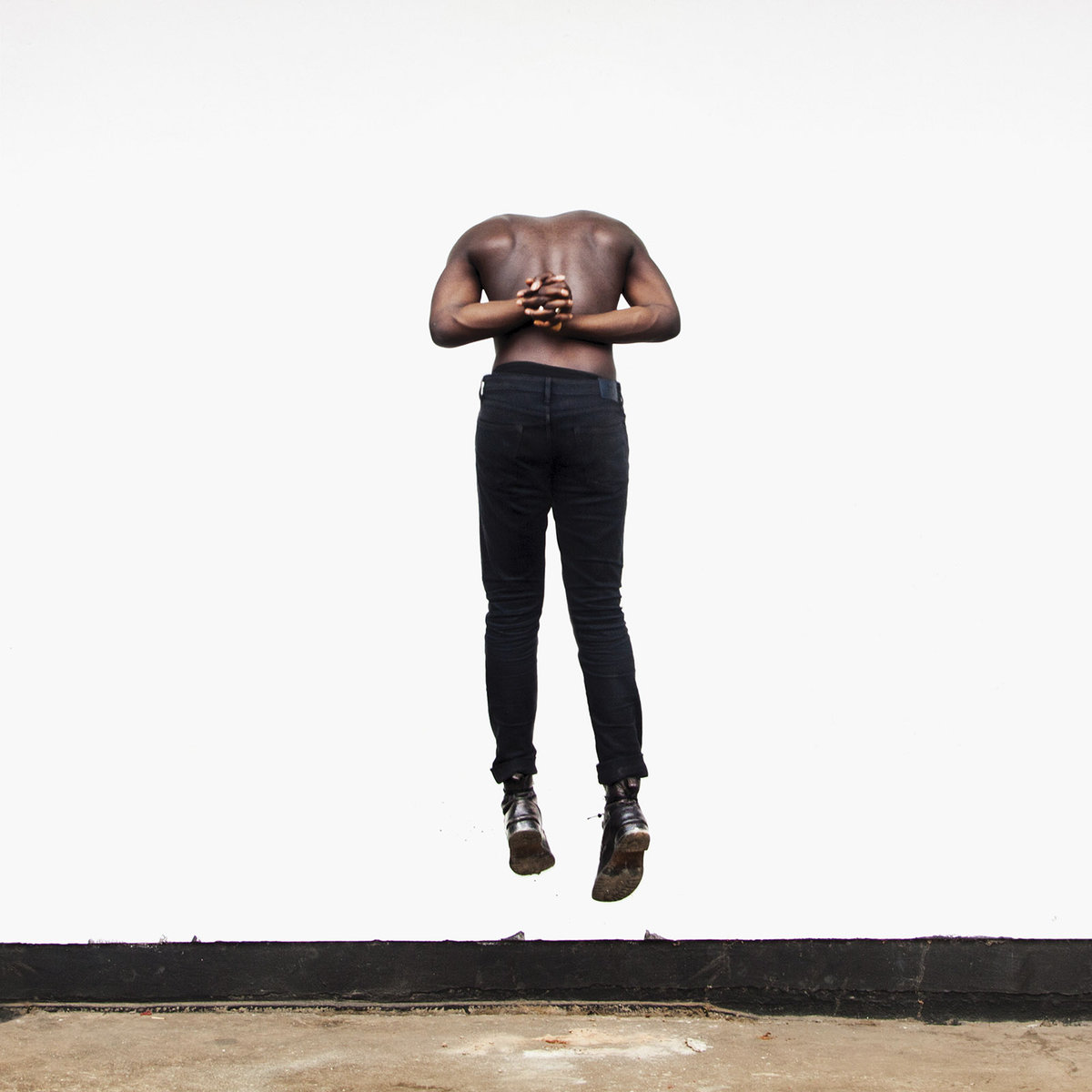Moses Sumney’s first full length album, “Aromanticism,” has received acclaim from Rolling Stone, Pitchfork, and music buffs alike. Before “Aromanticism,” Sumney released a lo-fi debut EP, “Mid-City Island,”in 2014. The work was followed by a single titled “Seeds” released by Terrible Records and self-released an EP titled “Lamentations.” Each of Moses’s works have shown a budding deliverance toward highly stylized and electrically inclined soul songs. Although he has yet to make the mainstream, Sumney has quietly been growing a network of like-minded songwriters. Moses is featured in Solange Knowles’s “Mad” and has toured with well-known artists such as James Blake and Sufjan Stevens. “Aromanticism,” however, is entirely self-produced. The record includes contributions from Thundercat, Paris Strother of R&B group KING, and Matt Otto of Majical Cloudz.
“Aromanticism” cosmically and rapturously examines the impersonal and often cruel nature of intimacy in an era of apathetic lovelessness. A fusing together of stylistic influences ranging from Radiohead, Gabriel Garzon-Montano, and Smokey Robinson, the work reverently explores musical style as an idiosyncratic partnership of past experiences and romanticized memories. “Aromanticism” can be overwhelming in its ability to put indulgent emotions into sound, reworking relationships and emotional baggage into a tightly compacted stream of feeling. Like a hidden tunnel to both the past and future, Sumney guides his listener through the work by speaking to personal experiences, emotionally manipulating his audience through relatable lyrics and physically voluminous sounds that encourage listeners to understand and reevaluate both sexual and romantic relationships. In Sumney’s eyes, the question is not whether or not romantic love is fulfilling. Instead, he asks if romantic love is essential. On the 34-minute, 11-track collection, Sumney creates a dreamlike world that epitomizes what it’s like to live in a loveless state. However, intimacy is not lost within the record’s sound. For an album centered on loneliness, “Aromanticism” feels generous.
Although Sumney’s music can be melancholic, it’s still erotic and seductive. “Make Out in My Car,” a song that repeats the hook: “I’m not tryna / go to bed with you/ I just wanna make out in my car,” is a libidinal anthem to sensual awkwardness. Despite the relevancy of his lyrics, Sumney does not rely exclusively on words to evoke meaning. With jazz flutes, guitar solos inspired by St. Vincent, and repetitive looping, every moment in Sumney’s music is replete with intention. The artist embeds the album with choir-inspired vocal layering, a choice that depicts the sensation of being a single person who contains multitudes. In this way, Sumney seems to be asking his listeners the question: are you enough, alone? These ideas can be seen in the song, “Lonely World,” which begins with Sumney’s falsetto basking over the guitar until after a minute and a half, at which point a kick drum breaks the tension and pulls the listener out of the ambient solemnity heard in the beginning of the song. “Lonely World” slowly builds until climaxing with spasmodic and reverberating percussion, leaving the listener to wonder how something so small became something so overwhelmingly full.
“Aromanticism” is not a record filled with overt political statements. However, it is impossible to separate the work from its creator’s identity and personal perspective. Sumney seems to be posing the perspective that nothing is apolitical, including those we fall in love with and those we don’t. In an interview with Aimee Cliff of Fader Magazine, Sumney provided a thought-provoking response to the question: “Why write about aromanticism when the world needs more love right now?” by commenting: “Ultimately, when people say ‘we need more love,’ what they are telling oppressed people is that they need to love the person that’s killing them… Emphasizing love is a waste of time. What we need to emphasize is the dissemination of power, and a deconstruction of hierarchical structures that keep people at the bottom, and keep others at the top.” In a post to his Tumblr blog, Sumney says that the album is about, among other things, “wondering how privileged people can feel love interpersonally but still adhere to systems of social hierarchy that cause them to treat othered groups with loveless indifference.” In his writing about the album, he dives into his personal experience of being aromantic, or not feeling romantic connections. An aromantic person is defined as someone who doesn’t experience romantic love. In his writing, Sumney explains that discovering a specific term for his sexuality has helped him to come to terms with the societally-imposed loneliness he feels has interrupted his ability to be fulfilled without a romantic partner.
Moses Sumney’s new album is complex and important and leaves me filled with questions about my relationship with his work, with the societal implications of partnership, and with myself. For me, listening to the work is like diving into the void shamelessly in search of answers about who I am in terms of relationships with myself and with others. Sumney creates a landscape that allows his reader to step into 34 minutes of guiltless confusion and joy, all the while giving us deeply ambitious and awe-inspiring music along the way.










